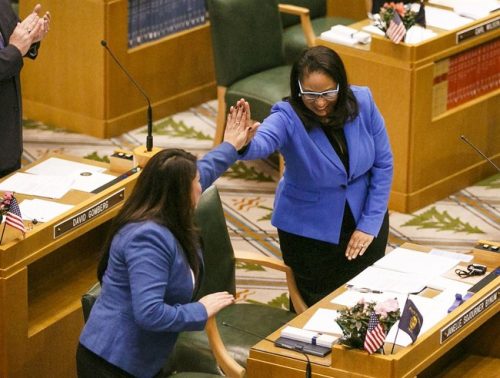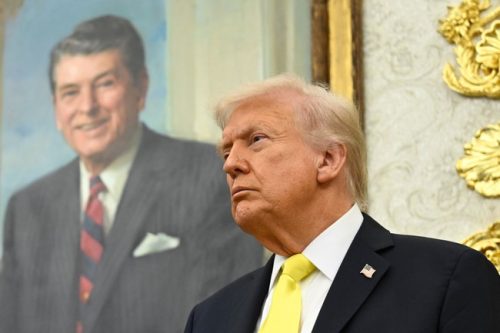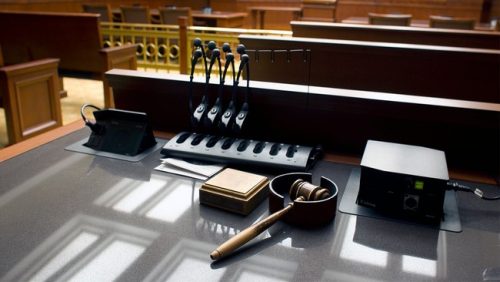The Texas Supreme Court ruled that state judges may decline to officiate same-sex weddings when doing so would conflict with their sincerely held religious beliefs, updating the state judicial conduct code and reviving lawsuits tied to those refusals. The unanimous decision changes how the State Commission on Judicial Conduct can enforce impartiality standards and has drawn renewed attention to cases involving judges like Dianne Hensley and Brian Umphress. The tweak went into effect immediately and could ripple into broader federal litigation about marriage law and religious liberty.
The court’s amendment to the Texas Code of Judicial Conduct removes a clear path for sanctions when a judge declines to perform a ceremony on religious grounds. That shift came in a unanimous opinion and was framed as an accommodation for judges who assert sincerely held beliefs. Supporters call it a defense of conscience for public officials who serve as both officers of the court and members of faith communities.
From Kera News:
Texas judges who decline to perform a wedding ceremony based on a “sincerely held religious belief” do not violate the state’s rules on judicial impartiality, according to a comment the Texas Supreme Court added to the state’s judicial conduct code Friday.
The high court’s comment on Oct. 24, effective immediately, could have statewide implications for gay marriage and potentially play a role in a federal lawsuit attempting to overturn the U.S. Supreme Court decision that legalized gay marriage.
The rule change appears to answer a question of state law that the U.S. Fifth Circuit Court of Appeals posed to the Texas Supreme Court in April, which was prompted by a lawsuit challenging the State Commission on Judicial Conduct’s now-withdrawn sanction of a Waco judge who refused to marry gay couples while continuing to marry straight couples. The plaintiff in that suit, a North Texas county judge, sued saying he was afraid he could face the same punishment.
The most visible dispute involved Justice of the Peace Dianne Hensley in Waco, who declined to facilitate a same-sex wedding and received a public warning from the judicial commission. Hensley sued in response, arguing that the commission’s action violated her religious liberty. That case was bounced around on procedural grounds before the state Supreme Court revived it to sort out the legal conflict over religious conscience and official duties.
Texas Supreme Court amends judicial code, allowing judges to refuse same-sex weddings on religious grounds without sanction—upholding faith against state-forced violation of God’s marital blueprint.
And He answered and said, “Have you not read that He who created them from the… pic.twitter.com/6QBLWn8Srl
— Tyler Fletcher (@FloridianFletch) October 29, 2025
Another relevant player is Jack County Judge Brian Umphress, who brought a preemptive federal suit in 2020 after declining to officiate same-sex ceremonies for religious reasons. His case was dismissed by a federal court, but the U.S. Fifth Circuit asked Texas’s high court to clarify state law, which is what ultimately produced this change. The decision now answers the appellate court’s question, narrowing the commission’s leverage over judges citing sincere religious beliefs.
The practical effect is that judges who claim a sincere religious objection should face fewer immediate consequences under the state’s judicial conduct rules for refusing to conduct a same-sex marriage. That does not erase other legal questions, such as whether a judge’s refusal could violate federal law or lead to official liability in different contexts. But on the state-run disciplinary front, the lines are clearer for the moment.
Critics say the ruling risks unequal treatment of citizens seeking marriage services from public officials, and they warn it could complicate enforcement of anti-discrimination norms. Supporters, including many conservatives and faith-based groups, argue the change protects religious conscience and prevents government punishment for beliefs held by public servants. This makes the decision a flashpoint for broader debates about where religious liberty and public duties intersect.
The timing matters legally and politically because the change took effect immediately on Oct. 24, and the state supreme court’s comment directly answers the Fifth Circuit’s referral. That procedural route means the state court’s interpretation of its own judicial conduct code will shape subsequent federal review. Observers expect lawyers on both sides to use the ruling as fuel in ongoing and potential litigation over marriage and religious freedom.
While this move affects how the judicial conduct commission can act, it does not directly alter the underlying federal constitutional ruling that legalized same-sex marriage nationwide. Rather, it addresses a narrower but still consequential question: whether a judge in Texas can be disciplined for refusing to officiate a same-sex wedding on sincerely held religious grounds. The answer now tilts toward protecting the judge’s asserted conscience rights.
Expect further legal fights and quick filings as plaintiffs and agencies adjust to the clarified standard. The state decision sets up a clearer path for judges asserting religious objections, but it also invites renewed challenges by those who see the change as enabling unequal access to public services. The dispute is likely to keep moving through state and federal courts as both sides press their constitutional and statutory claims.






